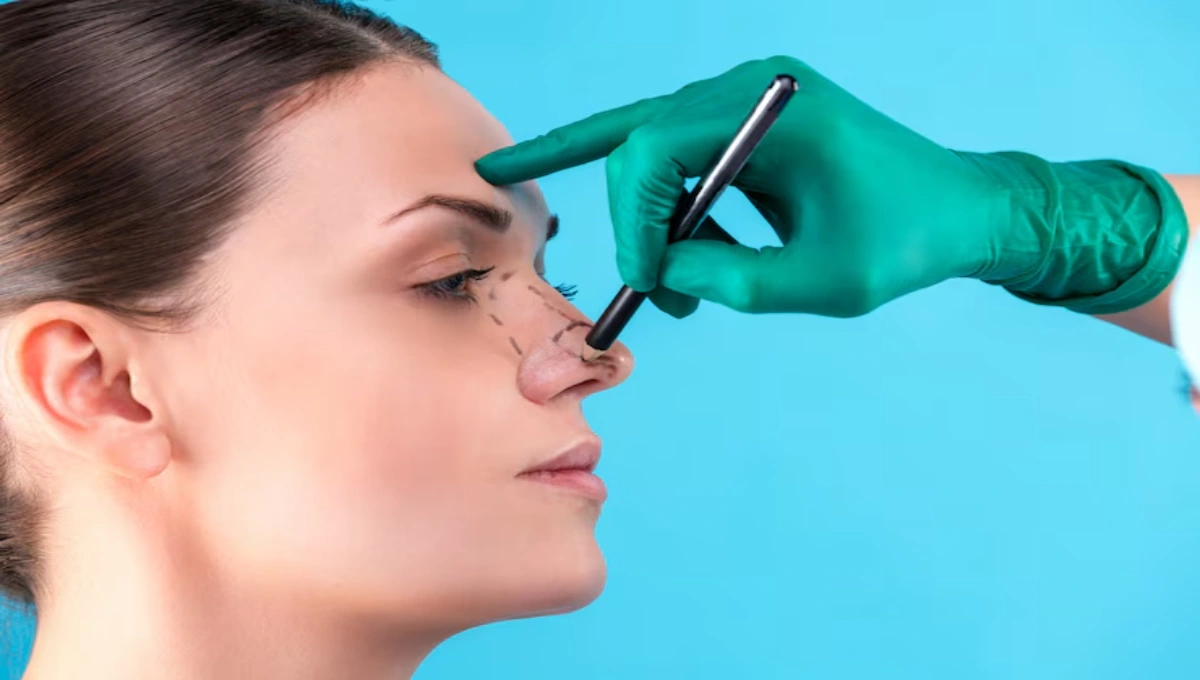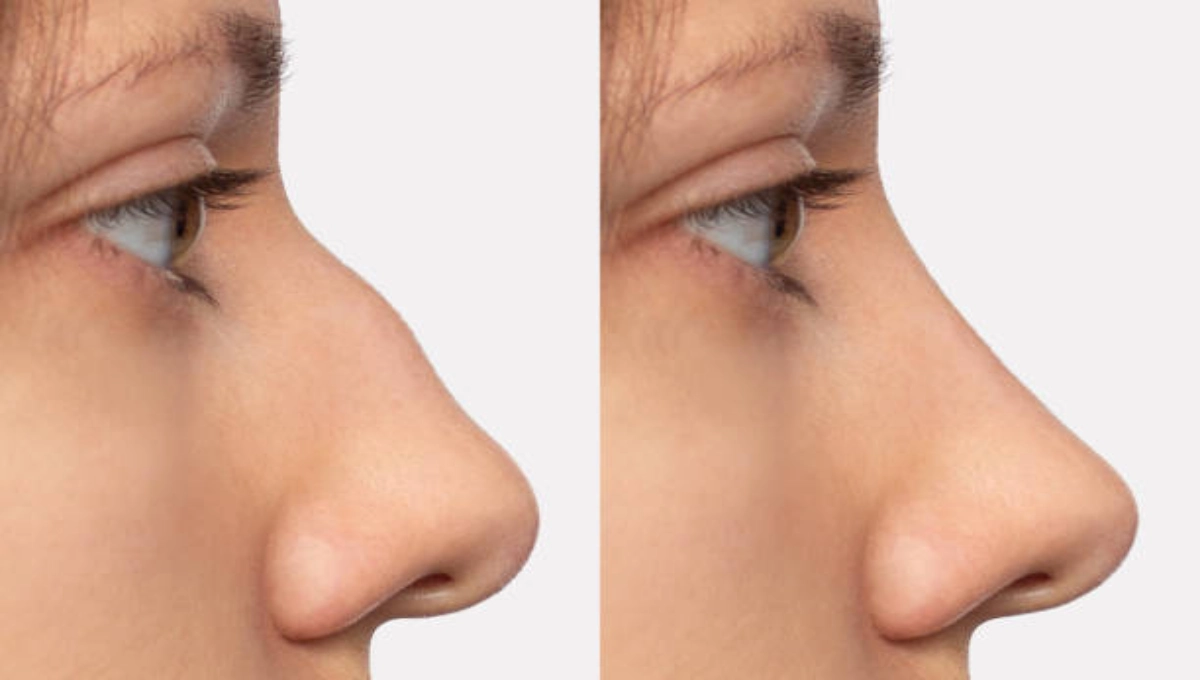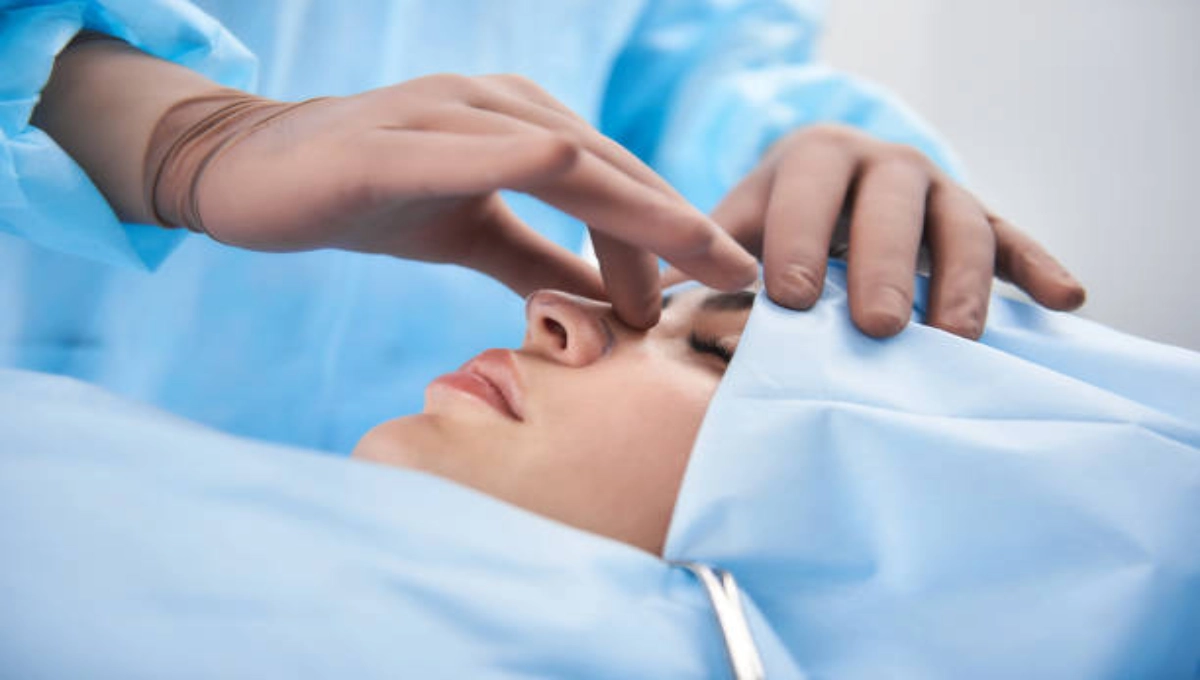Rhinoplasty is one of the most intricate and transformative forms of facial plastic surgery. The journey to achieving your desired results often begins with a clear vision, and this is where 3D imaging rhinoplasty comes into play. Unlike traditional consultations that rely on descriptions and static photographs, 3D imaging offers a dynamic and realistic preview of potential outcomes, revolutionising the way rhinoplasty is planned and executed.
By integrating 3D rhinoplasty techniques into consultations, surgeons and patients can collaborate more effectively, ensuring a shared understanding of goals and possibilities. In this blog, we’ll explore how nose surgery imaging has transformed the rhinoplasty experience and how experts like Dr Jérôme Paris use this advanced technology to deliver outstanding, tailored results.
What Is 3D Imaging in Rhinoplasty?
3D imaging in rhinoplasty involves the use of advanced software and imaging devices to create a three-dimensional model of a patient’s nose and facial structure. This virtual model provides a 360-degree view of the patient’s face, allowing for detailed simulations of potential changes to the nose. Surgeons can adjust the model to demonstrate how specific modifications—such as narrowing the bridge or refining the tip—might enhance facial harmony.
Key Features of 3D Imaging Rhinoplasty:
- Comprehensive Visualisation: Offers a detailed and realistic view of the nose from multiple angles, including profile, front, and oblique views.
- Interactive Adjustments: Enables real-time modifications to the model, allowing patients to explore different options and provide input.
- Enhanced Understanding: Helps patients grasp how changes to their nasal structure will influence their overall appearance, fostering realistic expectations.
Why 3D Imaging Is a Game-Changer in Nose Surgery
The incorporation of 3D rhinoplasty techniques has transformed the planning process, offering benefits for both patients and surgeons:
1. Enhanced Communication
Describing aesthetic goals with words or static images can be challenging. 3D imaging bridges this gap by providing a visual reference that patients and surgeons can discuss together, ensuring clarity and alignment of expectations.
2. Personalised Planning
No two noses are the same, and rhinoplasty requires a customised approach. By factoring in the patient’s unique facial proportions, skin thickness, and nasal anatomy, 3D imaging helps surgeons like Dr Jérôme Paris craft highly personalised surgical plans.
3. Realistic Expectations
Patients often have unrealistic expectations based on celebrity photos or edited images. 3D imaging provides a realistic simulation of what can be achieved, helping patients understand the possibilities and limitations of their procedure.
4. Reduced Revision Rates
By aligning the patient’s vision with the surgeon’s plan, 3D imaging reduces the likelihood of dissatisfaction and the need for revision surgery. This technology promotes better decision-making and ensures greater accuracy in achieving desired outcomes.
5. Boosting Patient Confidence
Seeing a tangible representation of their potential results empowers patients to make informed decisions and feel more confident about their surgery. This step helps alleviate anxieties and fosters trust between the patient and the surgeon.
How 3D Imaging Works
1. Initial Scan
The process begins with a high-resolution digital scan of the patient’s face. Advanced imaging devices capture the contours and details of the nose and surrounding features.
2. Virtual Simulation
Using specialised software, the surgeon creates a three-dimensional model of the patient’s face. Adjustments are made to the model to simulate potential changes, such as:
- Refining the nasal tip.
- Narrowing or widening the bridge.
- Adjusting the nostril shape.
3. Comparison and Feedback
Patients can view side-by-side comparisons of their current nose and the proposed changes from various angles. They can provide feedback and collaborate with the surgeon to refine the plan further.
4. Dynamic Adjustments During Consultation
The ability to make changes during the consultation allows for immediate feedback and ensures that both the patient and surgeon are aligned on the desired results before moving forward.
Benefits of 3D Imaging for Patients
Patients who experience 3D imaging consultations often report greater confidence and clarity about their procedure. Key benefits include:
1. Confidence in the Process:
Seeing a realistic preview of the results helps patients feel reassured about their decision to undergo rhinoplasty.
2. Customised Adjustments:
Patients can actively participate in the planning process, exploring different adjustments and making informed choices about their final results.
3. Alignment of Expectations:
By bridging the gap between what patients want and what is surgically possible, 3D imaging fosters satisfaction with the final outcome.
4. Improved Decision-Making:
The clarity provided by 3D imaging empowers patients to make decisions confidently, reducing the chances of post-surgery regret or dissatisfaction.
Why Surgeons Like Dr Jérôme Paris Rely on 3D Imaging
Dr Jérôme Paris is a globally renowned facial plastic surgeon who integrates the latest technologies, including 3D imaging rhinoplasty, into his practice. Here’s why this technology plays a vital role in his approach:
1. Precision and Artistry:
Dr Paris uses 3D imaging to ensure that each surgical plan is both scientifically accurate and artistically balanced.
2. Comprehensive Patient Care:
From consultation to post-op follow-ups, Dr Paris prioritises patient involvement and understanding at every step of the journey.
3. Global Expertise:
With extensive experience across Europe, the UAE, and Russia, Dr Paris has handled a wide range of cases, from straightforward aesthetic adjustments to complex reconstructions. 3D imaging enhances his ability to deliver exceptional results tailored to each individual.
4. Innovative Technology:
By staying at the forefront of technological advancements, Dr Paris ensures his patients benefit from the most modern and effective tools available in the field of rhinoplasty.
What to Expect During a Consultation with 3D Imaging
When you book a consultation with Dr Jérôme Paris, the process typically includes:
1. Comprehensive Facial Analysis:
A detailed assessment of your facial structure and nasal features to identify areas for improvement.
2. 3D Scanning:
A digital scan of your face to create a realistic three-dimensional model.
3. Customised Simulation:
A walkthrough of potential changes, guided by your aesthetic goals and preferences.
4. Surgical Plan Discussion:
An explanation of the proposed surgical approach, supported by 3D visuals to ensure a complete understanding of the process and expected results.
Recovery and Aftercare
After rhinoplasty, patients often compare their final results to the 3D simulation. While initial swelling may obscure the full outcome, gradual improvements typically align with the preview. Following your surgeon’s post-op instructions is crucial to achieving the best results.
Why Choose Dr Jérôme Paris for 3D Imaging Rhinoplasty?
Dr Jérôme Paris combines cutting-edge technology with extensive experience to deliver unparalleled care in rhinoplasty. Here’s why he stands out:
- International Expertise: Trusted by patients across Europe, the UAE, and Russia.
- State-of-the-Art Technology: Utilises advanced 3D imaging techniques for precise planning and personalised outcomes.
- Patient-Centred Approach: Ensures that each patient feels informed, involved, and confident throughout their rhinoplasty journey.
Book Your Consultation Today
Are you considering rhinoplasty and want to see what your potential results could look like? Dr Jérôme Paris offers advanced 3D imaging rhinoplasty consultations designed to give you clarity and confidence.
Schedule your consultation online or visit at:
EMB EXCELLENCE MÉDICAL BOUTIQUE in DUBAÏ
Take control of your rhinoplasty journey. Contact Dr Paris today and start planning your ideal results with precision and confidence.






